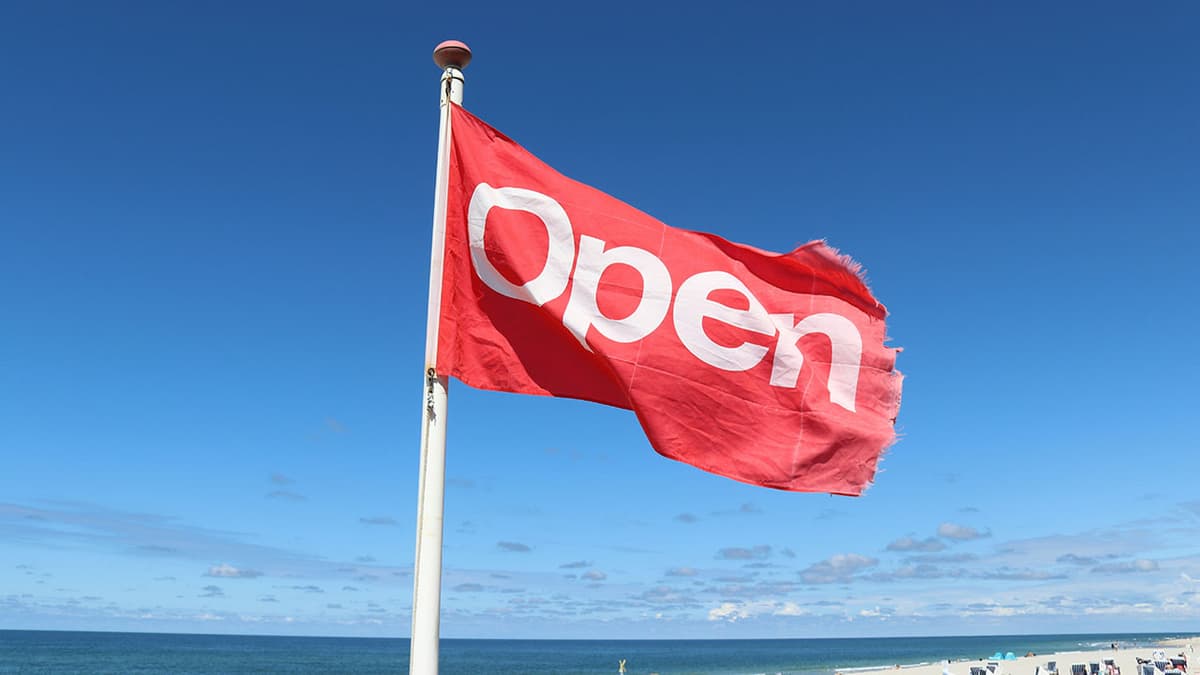Premium Fuel, Regular Fuel, and Octane Booster: A Comparative Guide for Informed Drivers
The choice between premium and regular gas can be confusing for many drivers. This guide outlines the characteristics of both fuel types and the role of octane boosters.
Premium Vs. Regular: The Basics
-
Premium Gas: Premium gas is often labeled as 91 or 93 octane. It contains a higher concentration of octane, which helps to resist engine knocking. This fuel type is designed for high-performance engines with higher compression ratios.
-
Regular Gas: Regular gas is typically labeled as 87 or 89 octane. It has a lower octane rating and is suitable for most vehicles with standard compression ratios.
Pros and Cons of Premium Gas
-
Pros:
- Reduced Engine Knocking: The higher octane rating of premium gas helps prevent engine knocking, which can lead to power loss and engine damage.
- Improved Performance: In high-performance engines, premium gas can help achieve better performance by offering a more complete burn.
- Cleaner Emissions: Some formulations of premium gas contain additives that reduce emissions and enhance engine cleanliness.
-
Cons:
- Higher Cost: Premium gas generally costs more than regular gas, impacting overall fuel expenses.
- Unnecessary for Most Vehicles: Most vehicles do not require premium gas and may not see significant benefits from its use.
Pros and Cons of Regular Gas
-
Pros:
- Lower Cost: Regular gas is often the most affordable option, providing savings at the pump.
- Suitable for Most Vehicles: Regular gas is compatible with most passenger vehicles, ensuring efficient operation.
-
Cons:
- Potential Engine Knocking: Vehicles designed for premium gas may experience knocking when using regular gas.
- Reduced Performance: Regular gas may limit the performance of high-performance engines due to its lower octane rating.
Octane Boosters: A Temporary Fix
-
Function: Octane boosters are additives that can temporarily increase the octane rating of regular gas. They may help reduce engine knocking in vehicles that require premium gas.
-
Temporary Solution: While octane boosters can address engine knocking temporarily, they do not resolve underlying issues. Regular use can become costly and might not provide the same benefits as consistently using high-quality premium gas.












